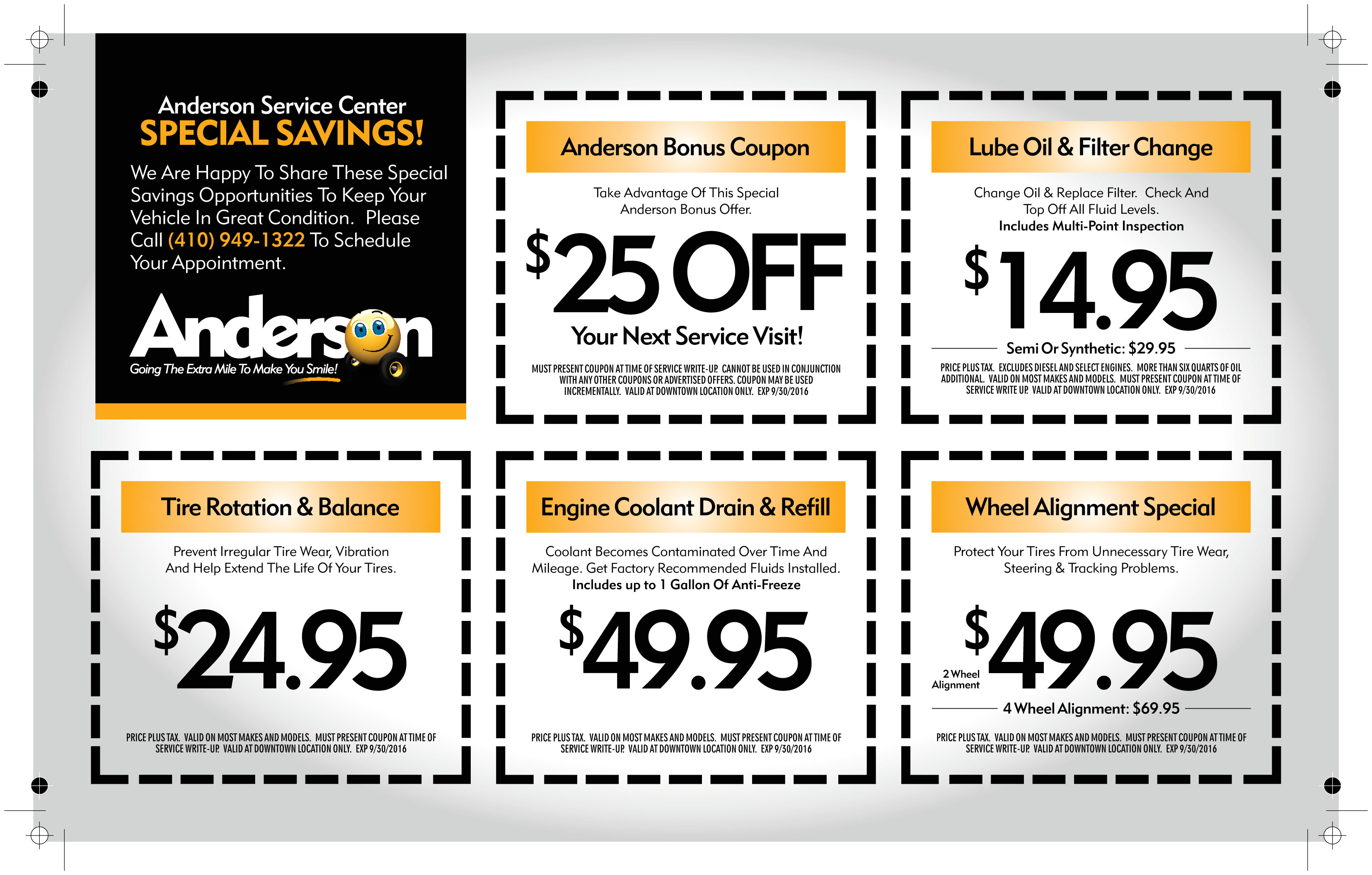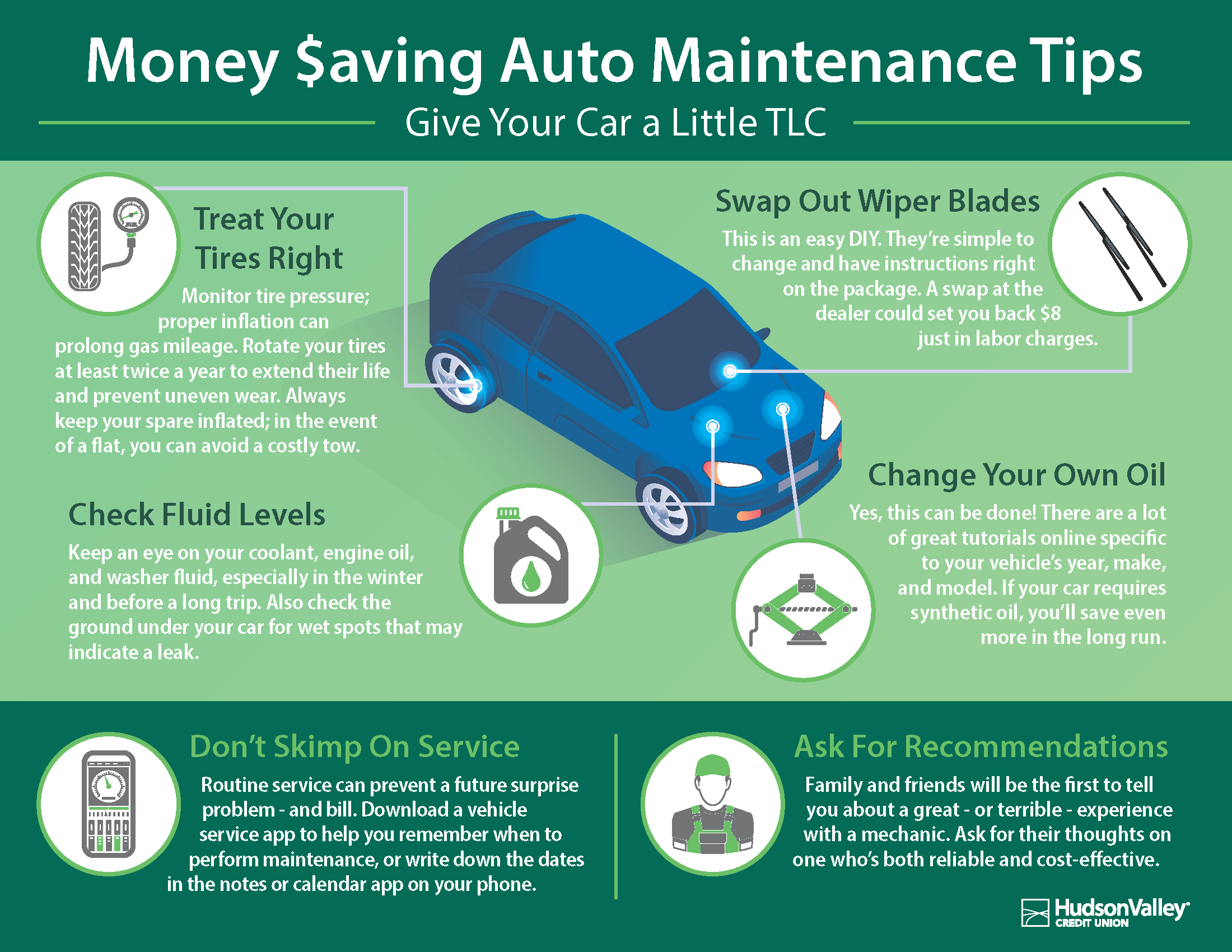The cost of a fluid level check at a service center typically ranges from $20 to $50. Prices can vary depending on location and vehicle type.
Regular fluid level checks are essential for maintaining vehicle performance and longevity. Service centers offer professional assessments to ensure optimal levels of vital fluids like engine oil, transmission fluid, coolant, and brake fluid. Keeping these fluids within recommended ranges prevents potential damage and costly repairs.
Many service centers provide fluid level checks as part of routine maintenance packages, making them convenient and affordable for car owners. Neglecting fluid checks can lead to decreased efficiency and mechanical issues. Trusting professionals for this task ensures accuracy and peace of mind. Regular visits to a service center can save you money and extend your vehicle’s life.

Credit: www.blackhorseautos.com
Types Of Fluids
Understanding the different types of fluids in your vehicle is crucial. Each fluid has a specific role in keeping your car running smoothly. Here, we’ll break down the essential fluids your vehicle needs.
Engine Oil
Engine oil is vital for your engine’s health. It lubricates moving parts, reduces friction, and prevents overheating. Regular checks ensure the engine runs efficiently.
Transmission Fluid
Transmission fluid is essential for smooth gear shifts. It lubricates the transmission components and prevents wear and tear. Always ensure it’s at the correct level for optimal performance.
Brake Fluid
Brake fluid is crucial for your safety. It transfers force into pressure, ensuring the brakes work effectively. Low brake fluid can lead to brake failure, so regular checks are a must.
Coolant
Coolant regulates your engine’s temperature. It prevents overheating and freezing, ensuring your engine stays at the right temperature. Keeping the coolant level in check is essential for engine health.
Power Steering Fluid
Power steering fluid makes steering easier. It lubricates the power steering system, ensuring smooth and easy steering. Low power steering fluid can make steering difficult, so regular checks are important.
| Fluid Type | Purpose | Importance of Regular Checks |
|---|---|---|
| Engine Oil | Lubricates engine parts | Prevents engine wear and overheating |
| Transmission Fluid | Lubricates transmission components | Ensures smooth gear shifts |
| Brake Fluid | Transfers force to pressure | Prevents brake failure |
| Coolant | Regulates engine temperature | Prevents overheating and freezing |
| Power Steering Fluid | Lubricates steering system | Ensures smooth steering |

Credit: www.andersonofhuntvalley.com
Average Costs
Understanding the average costs of a fluid level check can help you budget better. Different types of fluids have varying prices. Let’s break it down.
Cost Breakdown By Fluid Type
The cost of checking fluid levels varies depending on the type of fluid.
| Fluid Type | Average Cost |
|---|---|
| Engine Oil | $30 – $50 |
| Transmission Fluid | $50 – $80 |
| Brake Fluid | $20 – $40 |
| Coolant | $20 – $50 |
Factors Affecting Costs
Several factors can affect the cost of a fluid level check.
- Location: Prices vary by location and service center.
- Vehicle Type: Different vehicles need different fluids.
- Service Package: Some packages include additional services.
- Labor Costs: Some centers charge more for labor.
Knowing these factors can help you estimate the costs better. Always check with your service center for exact pricing.
Labor Vs. Material Costs
Understanding the cost of a fluid level check at a service center is essential. The cost is divided into labor and material costs. Each plays a key role in the final amount you pay.
Service Center Labor Rates
Service center labor rates vary widely. The average cost can range from $50 to $100 per hour. These rates depend on the location and reputation of the service center. Urban centers usually have higher rates. Experienced mechanics might charge more. Always check the hourly rate before service begins.
Cost Of Fluids
The cost of the fluids themselves can also vary. Basic fluids like engine oil or coolant cost less. High-performance or synthetic fluids are more expensive. Here’s a simple breakdown:
| Type of Fluid | Average Cost |
|---|---|
| Engine Oil | $20 – $50 |
| Coolant | $15 – $30 |
| Brake Fluid | $10 – $20 |
| Transmission Fluid | $30 – $70 |
Check the fluid quality before purchase. Choose the right fluid type for your vehicle. Always consult your car’s manual for recommendations.
Diy Vs. Professional Service
Checking fluid levels in your car is crucial. You can do it yourself or hire a professional. Each option has its own benefits and drawbacks. Let’s explore both choices to help you decide.
Pros And Cons Of Diy
Pros:
- Cost-effective: You save money by doing it yourself.
- Convenient: Check fluid levels anytime you want.
- Learning experience: Gain knowledge about your vehicle.
Cons:
- Time-consuming: It can take time to learn and perform.
- Risk of mistakes: Incorrect checks can cause issues.
- Lack of tools: You might need special tools.
Advantages Of Professional Service
Professional services offer many benefits. Here are a few key advantages:
- Expertise: Professionals have extensive knowledge and training.
- Accuracy: They ensure fluid levels are checked correctly.
- Time-saving: Professionals do the job quickly and efficiently.
- Proper tools: They use the right tools for the job.
| Aspect | DIY | Professional Service |
|---|---|---|
| Cost | Low | High |
| Convenience | High | Medium |
| Accuracy | Low | High |
| Time | High | Low |
| Tools | Limited | Comprehensive |
Deciding between DIY and professional service depends on your needs and skills. Consider the pros and cons before making a choice.
Finding A Reliable Service Center
Finding a reliable service center for a fluid level check is crucial. The right center ensures your car runs smoothly. Let’s explore some key steps to help you choose the best service center.
Reading Reviews
Start by reading reviews online. Look for service centers with high ratings. Pay attention to comments about customer service and quality of work. Reviews can give you an idea of what to expect.
Asking For Recommendations
Ask friends and family for recommendations. They can share their personal experiences. Recommendations from trusted sources are often reliable. This helps you find a service center you can trust.
Checking Certifications
Check if the service center has proper certifications. Certified centers follow industry standards. Look for certifications like ASE. These ensure the technicians are well-trained.
| Service Center | Rating | Certifications |
|---|---|---|
| AutoFix | 4.5 | ASE |
| QuickService | 4.0 | AAA Approved |
| CarCare | 4.8 | ASE, AAA |

Credit: www.hvcu.org
Additional Services
Service centers offer more than just a fluid level check. They provide various additional services that can save you time and money. This section explores some of these valuable services.
Bundled Maintenance Packages
Many service centers offer bundled maintenance packages. These packages often include multiple services at a reduced cost. For example, a package might include:
- Oil change
- Brake inspection
- Fluid level check
- Tire rotation
Choosing a bundled package can be more economical. It ensures your vehicle gets comprehensive care.
Discounts And Promotions
Service centers frequently run discounts and promotions. These special offers can significantly reduce the cost of services. Common promotions include:
- Seasonal discounts
- First-time customer offers
- Loyalty programs
Keep an eye out for these deals. They can make a big difference in your overall maintenance costs.
| Service | Regular Cost | Discounted Cost |
|---|---|---|
| Fluid Level Check | $30 | $20 |
| Oil Change | $50 | $35 |
| Brake Inspection | $40 | $25 |
Using discounts can help you maintain your vehicle affordably.
Frequently Asked Questions
What Is The Cost Of A Fluid Level Check?
The cost of a fluid level check ranges from $30 to $50, depending on the service center.
How Often Should Fluid Levels Be Checked?
Fluid levels should be checked every three months or at every oil change to ensure optimal performance.
Does Insurance Cover Fluid Level Checks?
Typically, car insurance does not cover routine maintenance like fluid level checks. Check your policy for specifics.
Can I Check Fluid Levels Myself?
Yes, you can check fluid levels yourself, but a professional can ensure accuracy and spot potential issues.
What Fluids Are Checked During A Fluid Level Check?
During a fluid level check, professionals inspect engine oil, coolant, brake fluid, transmission fluid, and power steering fluid.
Why Are Fluid Level Checks Important?
Fluid level checks are crucial for vehicle safety and longevity, preventing breakdowns and costly repairs.
Conclusion
Regular fluid level checks are essential for vehicle health. Service centers offer this service at reasonable costs. Keep your vehicle running smoothly by scheduling routine checks. Stay proactive about maintenance and avoid costly repairs. Prioritize your car’s fluid levels to ensure safety and longevity on the road.


